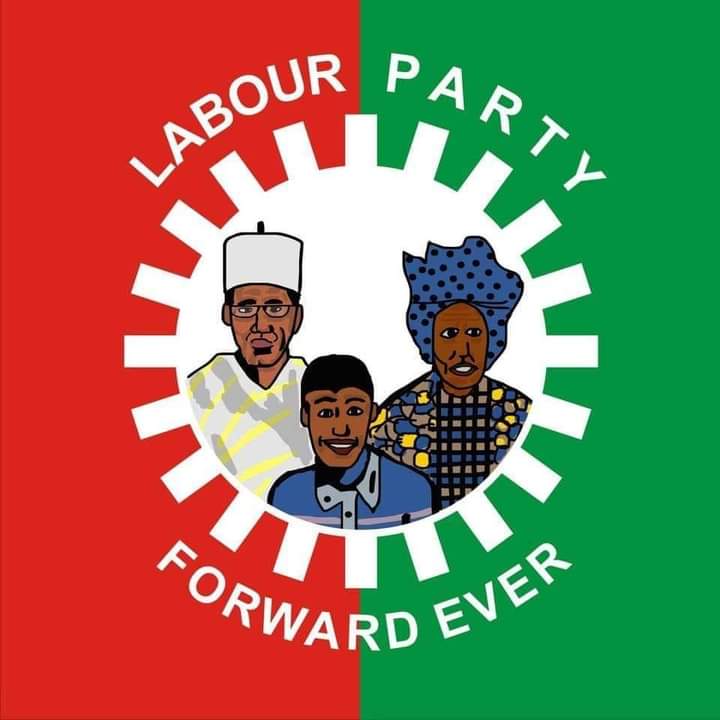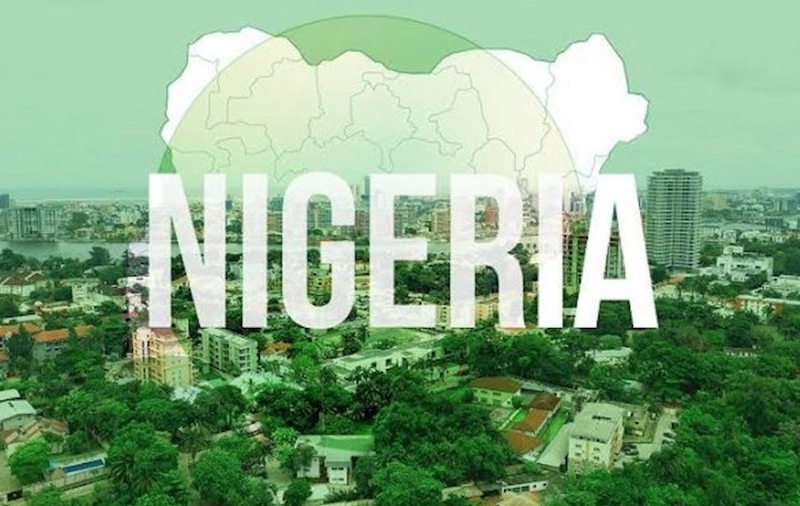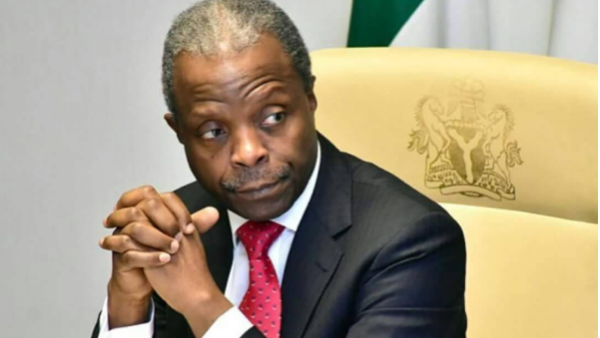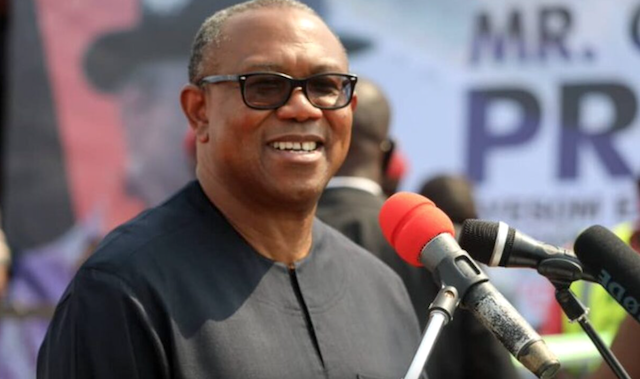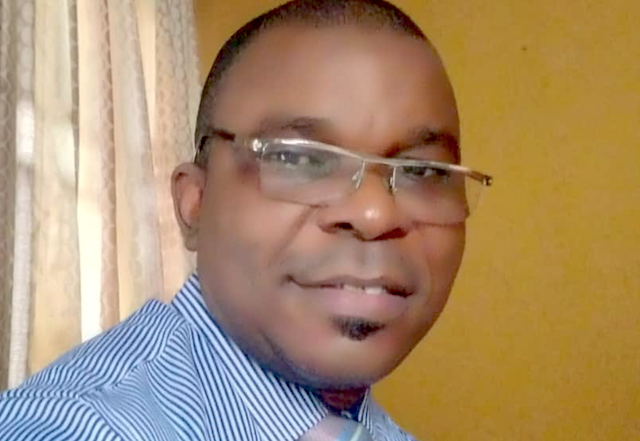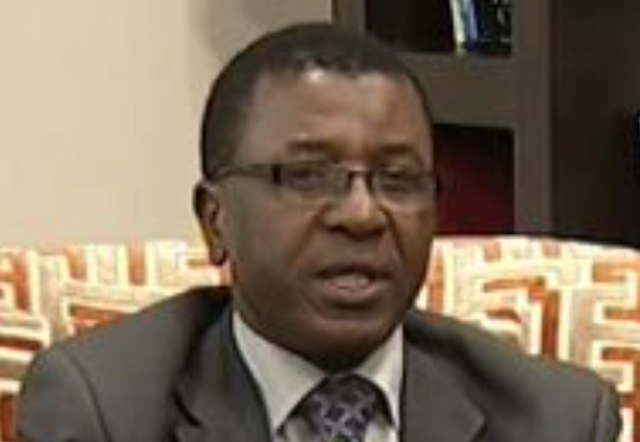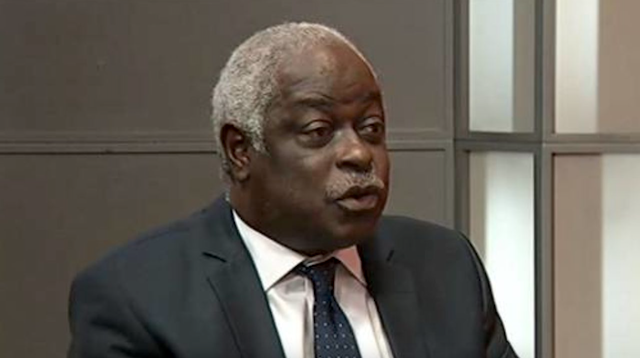Entering new year seems like unveiling the face of a foretold event. As a result, its calm arrival and extinction of the preceding year accentuated the varying notes of our appreciation. A great joy that the hardship and misery of 2024 had rolled by and, in its place, emerged 2025, to the rapturous joy of mankind. As a year, 2024 confounded hapless citizens massed in Nigeria. A long dreary year of nightmares that lasted so long and made fear our constant companion!
For a reason, Nigerians were immersed in mirthful occasions. Having encountered the worst of times and seasons, 2025 may offer some rays of hope and great expectations on one hand and trepidations and uncertainty on the other hand. Gratifyingly, a thread of hope binds our collective aspirations judging from the ceaseless prayers of Nigerians on the eve of New Year. Whether those prayers are being answered or spurned by God is a topic for another day. Apparently, prayer requests for intervention in human contrivances in politics, economy, and security might be left unanswered for a long time; after all, God had given us knowledge and wisdom to sort out our problems as exemplars of the Divine Being.
No matter the elasticity of the new year’s promises, its manifestation varies from country to country. Two individuals may share the same hopes, dreams, and aspirations, but the realisation of their goals might be conditioned by the socio-economic and political indices of their respective countries. Taking a colouration of the retardation of our country, what hinders us is not the withdrawal of Nature’s blessing from our clime but the cumulative effects of poor leaderships foisted on us. So, Nigeria had witnessed sixty-five brand-new years as an ex-dependency, yet our problems have remained largely unsolved and intractable.
What our country needs is attitudinal change which is fundamental to enhancing Nigeria’s fortune in the New Year. Agreed that part of our regression as a country is rooted in its dysfunctional political structure, but our shortcomings as conveyed the Nigerian factor cannot be dismissed with a wave of the hand. Whatever change we desire in 2025 has to start with all of us- from the the rulers to the ruled. The former has a greater work to do to inspire the country through an exemplary leadership uninhibited by ethnic bigotry, sectional consideration, and religious sentiments in policy formulation and implementation.
So, the promotion of inclusivity in appointments and siting of projects is needed. While the Buhari administration was incurably ethnocentric, it’s unconscionable for President Tinubu to walk the same loathsome path. Such actions help to feed centrifugal forces, which continue to retard Nigeria’s quest to integrate its disparate entities. Quite surprisingly, no aspect of the All Progressives Congress(APC) ideology sanctions the promotion of parochial interest of the president’s zone to the detriment of other component units.
A review of the extant policies covering the political economy is also vital to advance the country’s progress. The Tinubu administration may have spoken of its intention to address the living conditions of the people, but its undue predilection with taxation and removal of subsidy is foreboding. With almost one third of the Federal Government’s budget of N47.9 trillion allocation to debt servicing, a quarter of that sum would have made life more liveable if a caring government was in place.
Besides, the new year offers us an opportunity to reform the electoral system to accord with international best practices. With two years to the next round of general elections, a framework for its review should emerge from the middle of this year. Of course, the central government is expected to drive and sell same idea to the people who, expectedly, would key into it, knowing full well it could deepen the progress of the current democratic dispensation.
On the economic front, activating local refineries to wean Nigeria off total dependence on fuel imports as the causative factor of the high price Nigerians are paying currently is desirable. If our country had been properly run like those in the global North and few enviable examples in the Southern hemisphere, importation would be an impossibility. That itself will hallmark an exceptional growth of the economy as well as an improvement of the people’s fortune unlike what obtains at the present time.
Government at both national and sub-national levels should pay greater attention to sectors in which Nigeria had a comparative advantage prior to the discovery of crude oil. In this wise, agriculture and solid minerals sub-sectors need maximum attention to grow the economy. Apart from having capacity for generating foreign exchange, an all integrated agricultural pursuit with value addition would help to ensure food sufficiency for our people since a great country is partly measured by its ability to feed its populace.
It’s also expected that the Tinubu administration will put on a thinking cap or borrow one from any place to enable it to create opportunities for the teeming population of unemployed youths. Besides the proposed youth conference, the Federal Government should seek means to revive moribund industries and float a credit system that will grant loans to those who are willing to go into small and medium scale enterprises. While the attraction of foreign direct investments(FDIs) is quite desirable, the prevailing socio-economic state of Nigeria, partly defined by the poor macroeconomic environment and insecurity, is a hindrance.
The aspect of insecurity as a sore point needs to be tackled frontally. A country keen on development does not leave its flanks unprotected and continually assailed by non-state actors whose actions cast a shadow over the efficiency of the armed forces and the law enforcement agencies. It’s therefore important to rejig the security apparatus with a view to strengthening Nigeria’s preparedness to counter terrorist and other acts across the country.
We would gain maximally from the birth of a new year by taking the right steps. Rather than engage in mere supplications to God to alter our circumstances, we should exercise our innate skills and thought processes God endowed us with to make our country great. Greatness does not come to a people out of sheer fantasy but through hard work, honesty, commitment, and a strong drive.
Tony Eke, a journalist, based in Asaba, Delta State, can be reached via tonek6819@gmail.com or on 08035504896(text only).


